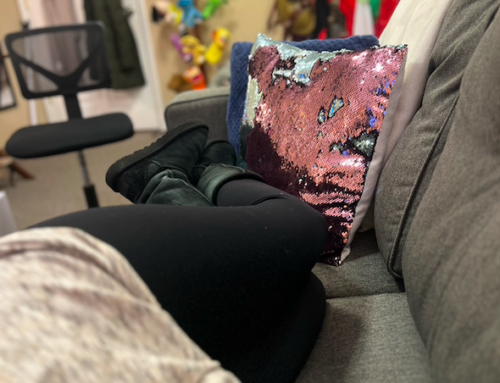If you’re considering therapy but unsure if it’s time to begin, here are five common signs to help you decide. You might resonate with one or more of these indicators, or simply feel intuitively that it’s the right moment for therapy, regardless of specific reasons.
————————————————————————————————————
Experiencing Distress
Whether it’s the weight of depression, the restlessness of anxiety, the ache of grief, the frustration of OCD, or the aftermath of trauma, you’re feeling significant emotional pain.
Struggling with Coping
Your internal struggles are impacting your performance at work or school, and straining your relationships. Daily challenges feel overwhelming, and minor issues trigger disproportionate reactions, indicating you’re struggling to manage.
Efforts Yield Little Relief
Despite your best efforts to maintain mental and emotional well-being, your condition isn’t improving; in fact, it may be worsening. Anxiety might be intensifying, depression deepening, sleep deteriorating, or habits like drinking becoming problematic.
Recommendation from a Trusted Source
Someone close to you, who knows you well, has suggested seeking therapy. Their perspective, even if influenced by frustration, may offer valuable insight. However, ensure your motivation for therapy is primarily for your own benefit, not solely to appease others.
Desire Outweighs Resistance
While starting therapy involves uncertainty and mixed feelings, you find yourself more drawn to the idea than opposed. Despite some apprehension, there’s a growing readiness to confront challenges and explore new possibilities for personal growth.
————————————————————————————————————
Therapy can be a transformative journey towards understanding yourself better and improving your overall well-being. Taking the step towards therapy begins a process of healing that starts before your first session. If you’re ready to begin, schedule your first appointment HERE.







Leave A Comment